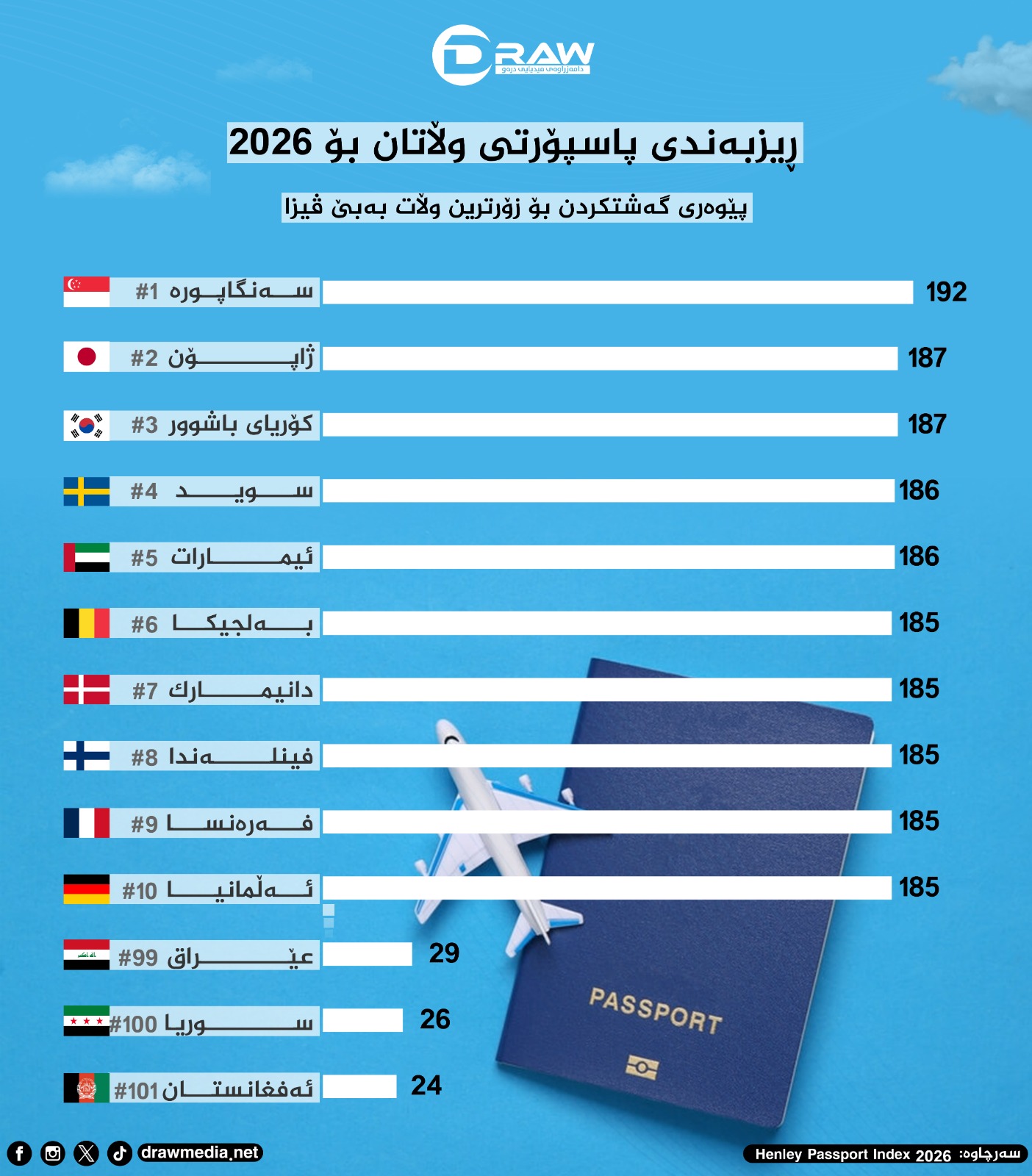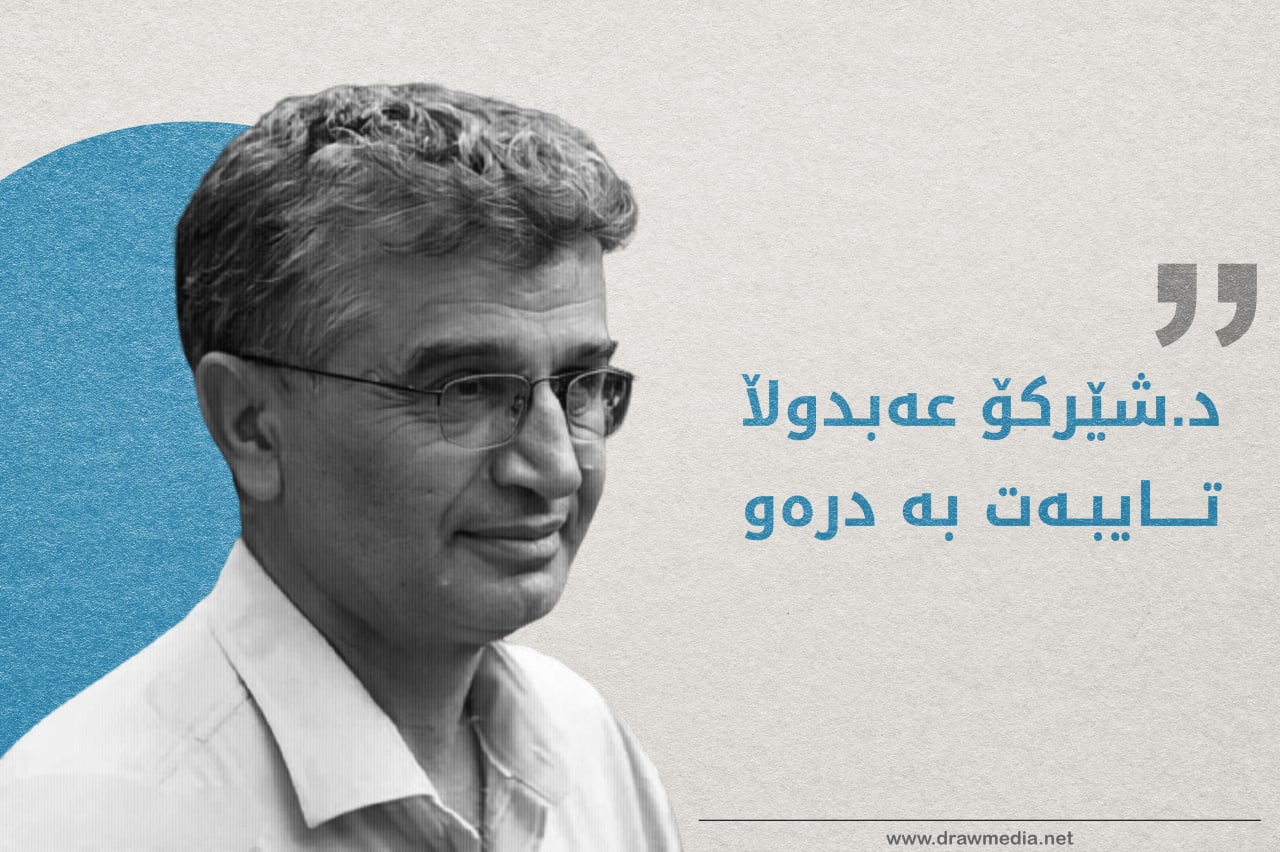What Did Nasrallah Really Say, and Why?
.png)
2023-11-04 08:11:44
Hanin Ghaddar
The Washington Institute
The Hezbollah leader’s first public remarks on Gaza were cautious in tone and vague on substance, but the group may not stay deterred indefinitely if its political or tactical situation changes.
As expected, Hezbollah secretary-general leader Hassan Nasrallah did not declare war against Israel today—rather, his first public speech on the Gaza conflict served as a reminder that his calculations on the crisis are the same as Iran’s, and that preserving Tehran’s plausible deniability for the actions of its proxies is paramount. (For English excerpts and analysis of the speech, see this live update thread by L’Orient Today.) In addition to assuring the international community that Iran is not responsible for any of Hamas’s actions, he also told Hamas that it is on its own: “This is a purely Palestinian battle and is not related to any regional or international file.” In other words, the “united front” is not that united. Rather than joining the actual fight, Nasrallah asked his supporters to fight the war of public opinion, essentially arguing that the battlefield is online, not in Gaza.
The speech’s understated tone was more surprising—Nasrallah showed far less anger and agitation compared to his past speeches on conflicts in Syria and Yemen. After one month of eerie silence and three pre-speech trailers full of suspense, most observers anticipated a little escalation, even if mostly rhetorical. Yet his tone was largely muted and his red lines were vague. Besides warning that any Lebanese civilian fatalities would force Hezbollah to kill Israeli civilians in return, he offered the standard ambiguous rhetoric about choosing “the right time and place” to retaliate for Israel’s actions in Gaza. His bottom line was clear: for now at least, Hezbollah will not participate in the war beyond the current border skirmishes. (For more on Hezbollah’s attacks so far, see The Washington Institute’s interactive tracking map.)
His warnings to the United States were more specific and potentially escalatory—he noted that Yemen’s Houthis will continue firing missiles northward, and that Iraqi militias will keep targeting the U.S. presence in both their country and Syria. Yet he was careful not to implicate Tehran in these Iranian proxy actions, nor did he threaten to use Hezbollah’s own weapons against U.S. forces. Indeed, Washington’s timely military deployments so close to Lebanon have seemingly played a major deterrent role for the group.
Nasrallah’s speech was no doubt deeply disappointing for his supporters in Lebanon and the wider region, many of whom expected a more aggressive response by the alleged leader of the “resistance.” It was also disappointing for Hamas, which will probably feel less secure and more isolated now—and perhaps more inclined to negotiate and compromise.
Yet the speech’s most serious repercussions will be felt in the realm of Hezbollah’s legitimacy. Nasrallah essentially declared that he will not be involved in the battle to “free Palestine,” a goal that lies at the core of his resistance narrative. In doing so, he confirmed that Hezbollah’s mission has drastically shifted since the 2006 war—from “resisting” Israel to protecting its own (and, by extension, Iran’s) interests in the region. Without the legitimizing power of resistance rhetoric, the group’s regional (and, perhaps, domestic) support base may lose faith in both Hezbollah and Tehran.
Indeed, this predicament has bedeviled Hezbollah since 2006. Despite engaging in a month’s worth of calculated attacks along the border, the group’s military strength is becoming a weakness of sorts, since flexing its muscles more than it already has would increase the risk of a major Israeli response. Hezbollah has long used the threat of its increasingly advanced arsenal as a deterrent against Israel. But Nasrallah also knows that these same weapons—particularly its precision-guided missiles—would lose their main value if the group began launching them, since Hezbollah forces and assets would quickly be exposed to a devastating war. Yet by dashing regional expectations for a grand, effective, and united military response against Israel, Nasrallah may incur other costs. In short, the group is damned if it escalates and damned if it doesn’t.
Nasrallah also briefly addressed what might happen when the Gaza war is over and Israel turns its full attention back to Lebanon and Hezbollah’s dangerous missiles. The deterrence strategy that was upheld for seventeen years is likely no longer valid now that Israel suffered such horrific casualties at the hands of another neighboring enemy on October 7. Even before the Gaza war, Hezbollah’s border escalation was seemingly changing Israel’s calculus; today, many countries have concluded that groups like Hamas and Hezbollah need to be contained before another October 7 happens. In addition, the United States has reestablished a very strong military presence in the region, and even if some of these deployments prove temporary, the Biden administration’s recent diplomatic activity in the Middle East indicates a longer-term determination to prevent escalation after the war.
Nasrallah seems aware of these shifts and has signaled Hezbollah’s unwillingness to change the deterrence policy along the border: “The resistance’s operations in the South tell the enemy that if it carries out an aggression or thinks of waging a preemptive operation, it will be committing the biggest foolishness in its history.” While vague and couched as a warning against Israeli action, this remark essentially communicated that Hezbollah will not escalate unless Israel launches some kind of unexpected, large-scale campaign across the northern border.
Despite Nasrallah’s rhetorical caution, however, the fact remains that more and more military clashes are occurring on Lebanon’s border daily, so the risks of miscalculation are rising as well. Whether he likes it or not, he may eventually find himself having to make a very different speech in the midst of unintended escalation with Israel. Alternatively, Hezbollah may one day improve its financial situation and boost its military apparatus to the point where it is truly ready to face Israel in a full-scale conflict.
Either way, the United States and its partners must continue signaling Hezbollah and Iran that they are willing to strike back if the group miscalculates its current level of attacks or changes its tactics. They should also start formulating a new Iran policy—one that addresses all of Iran’s militias and destabilizing activities in the region. Otherwise, they risk leaving themselves vulnerable to a repeat of October 7 on another frontier.







.png)
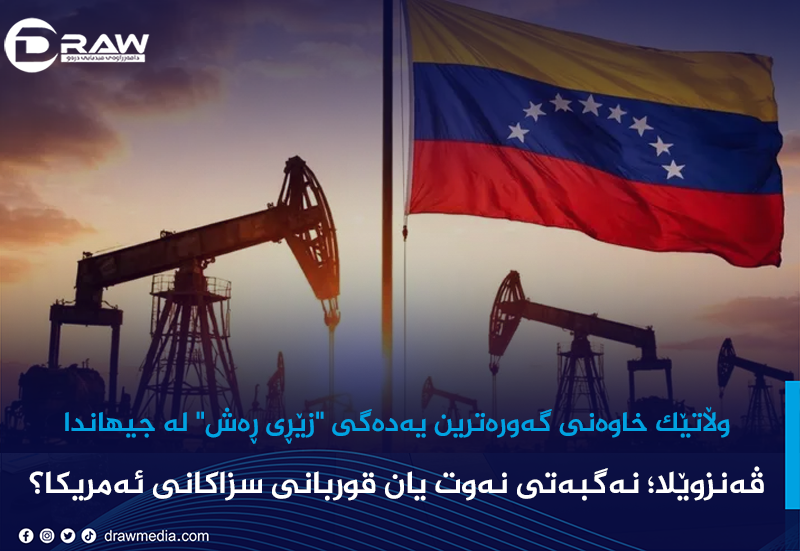
.png)
.png)
.png)
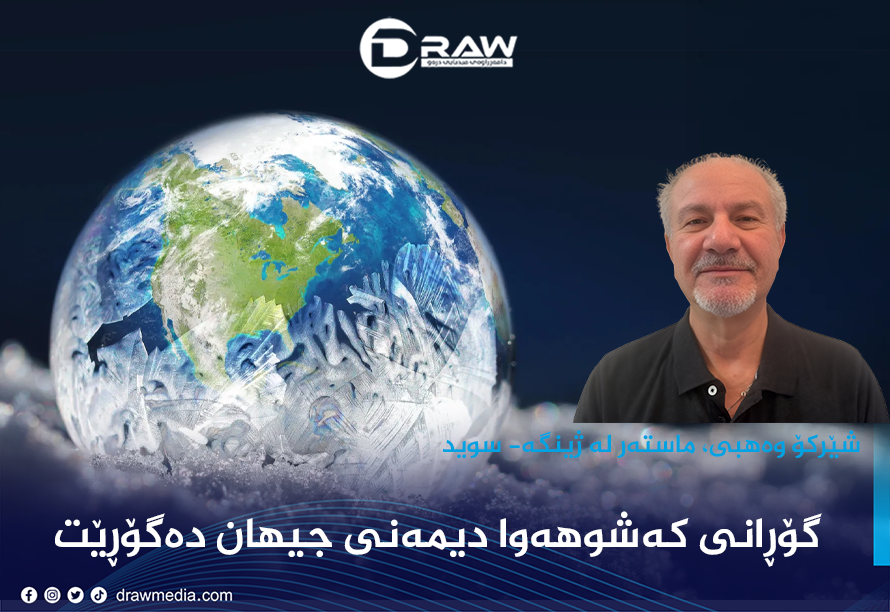
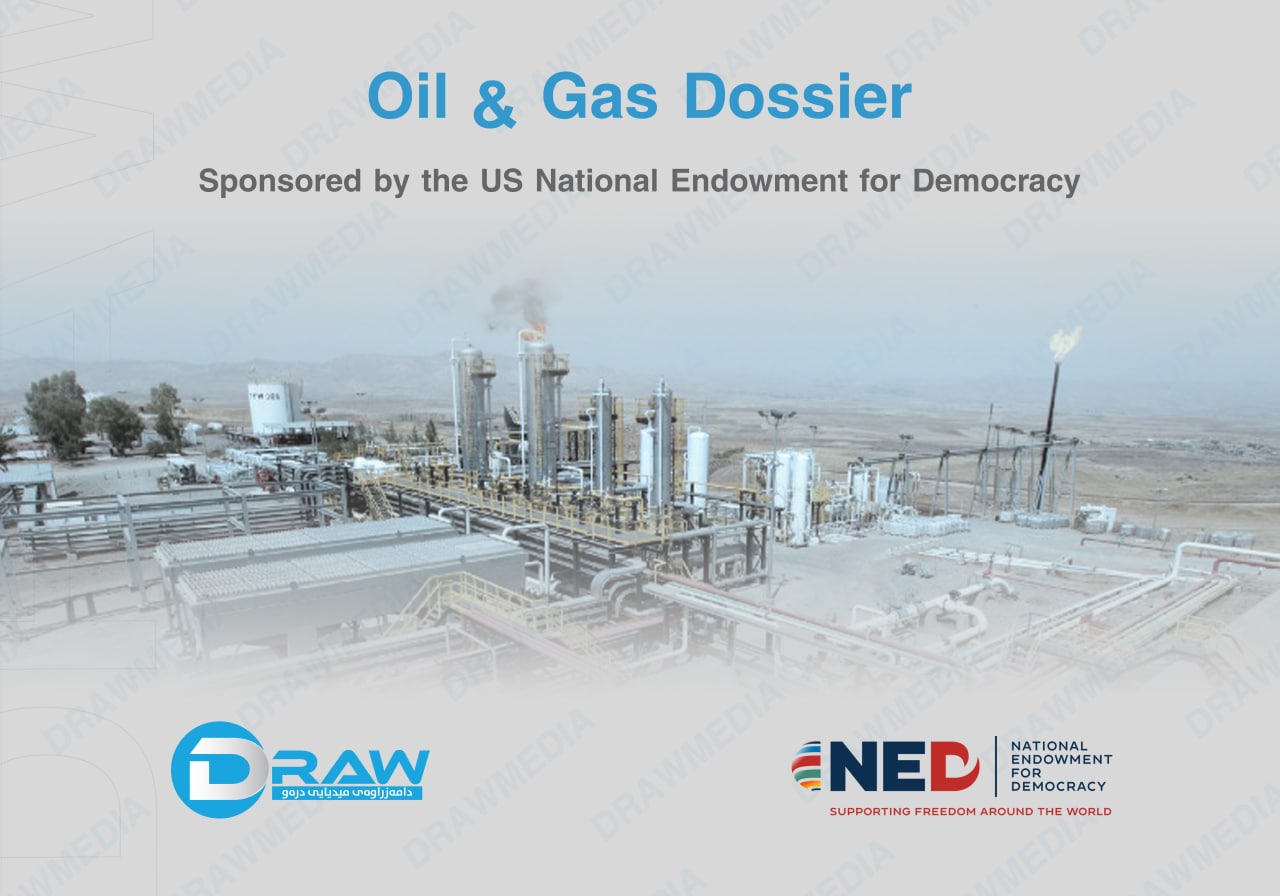

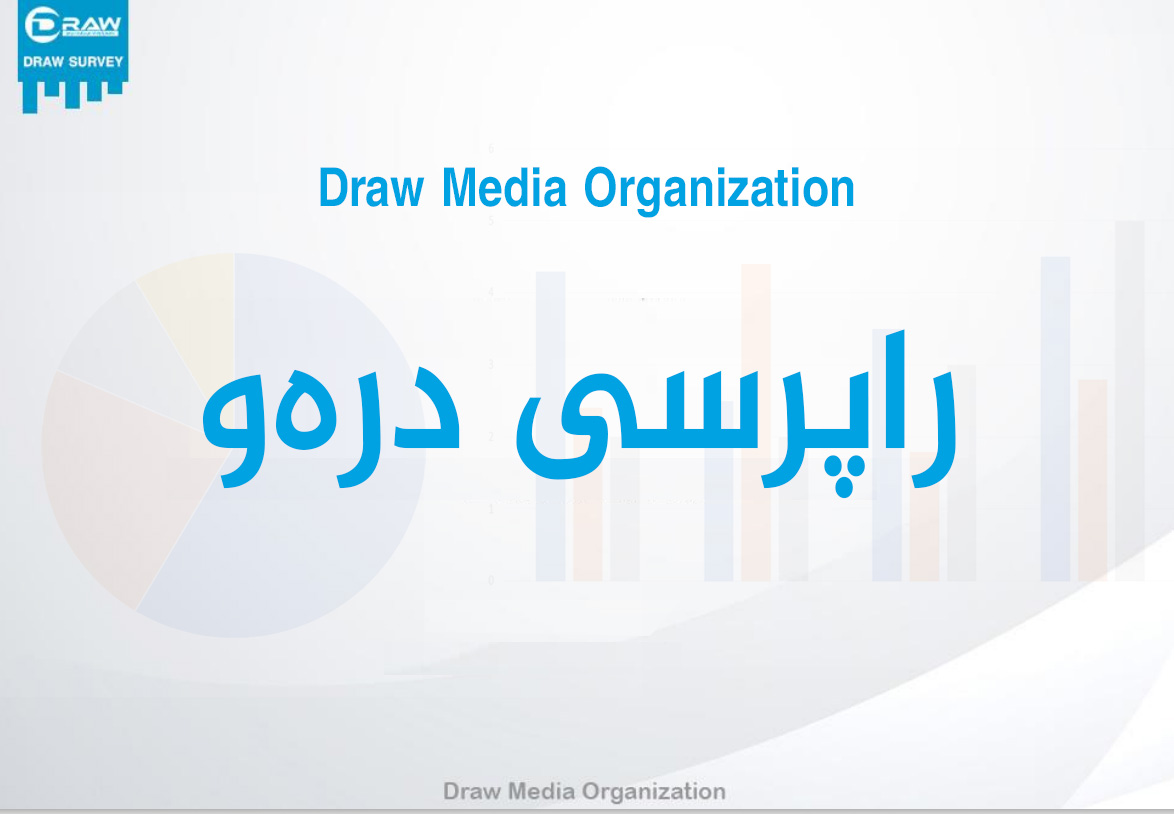


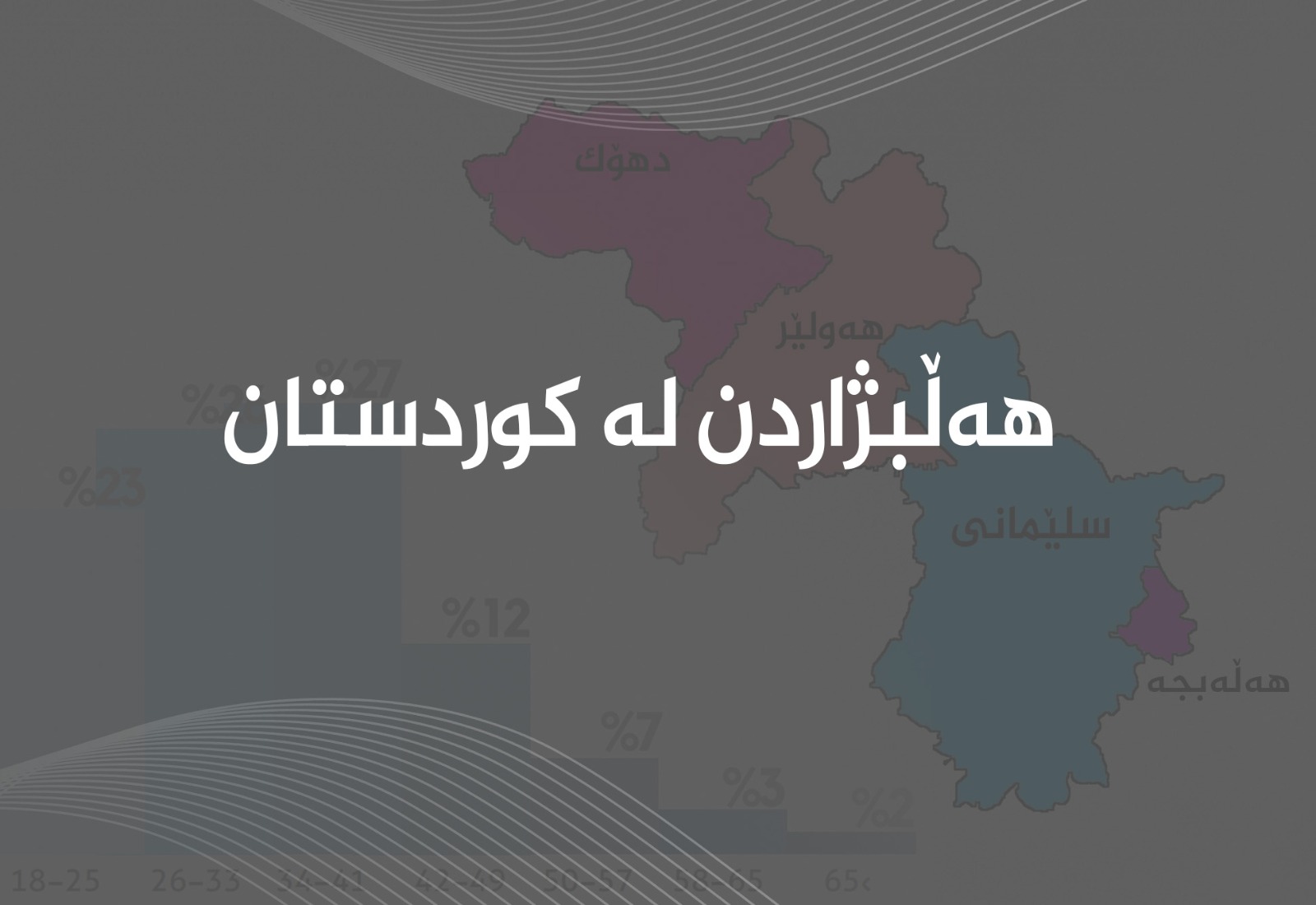

.png)
.png)
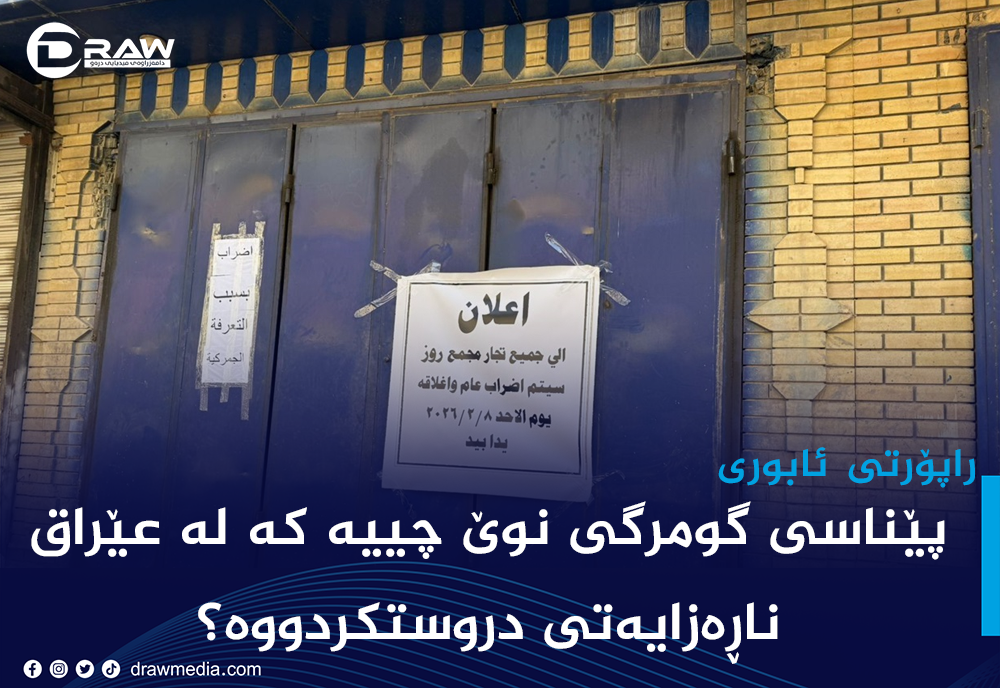
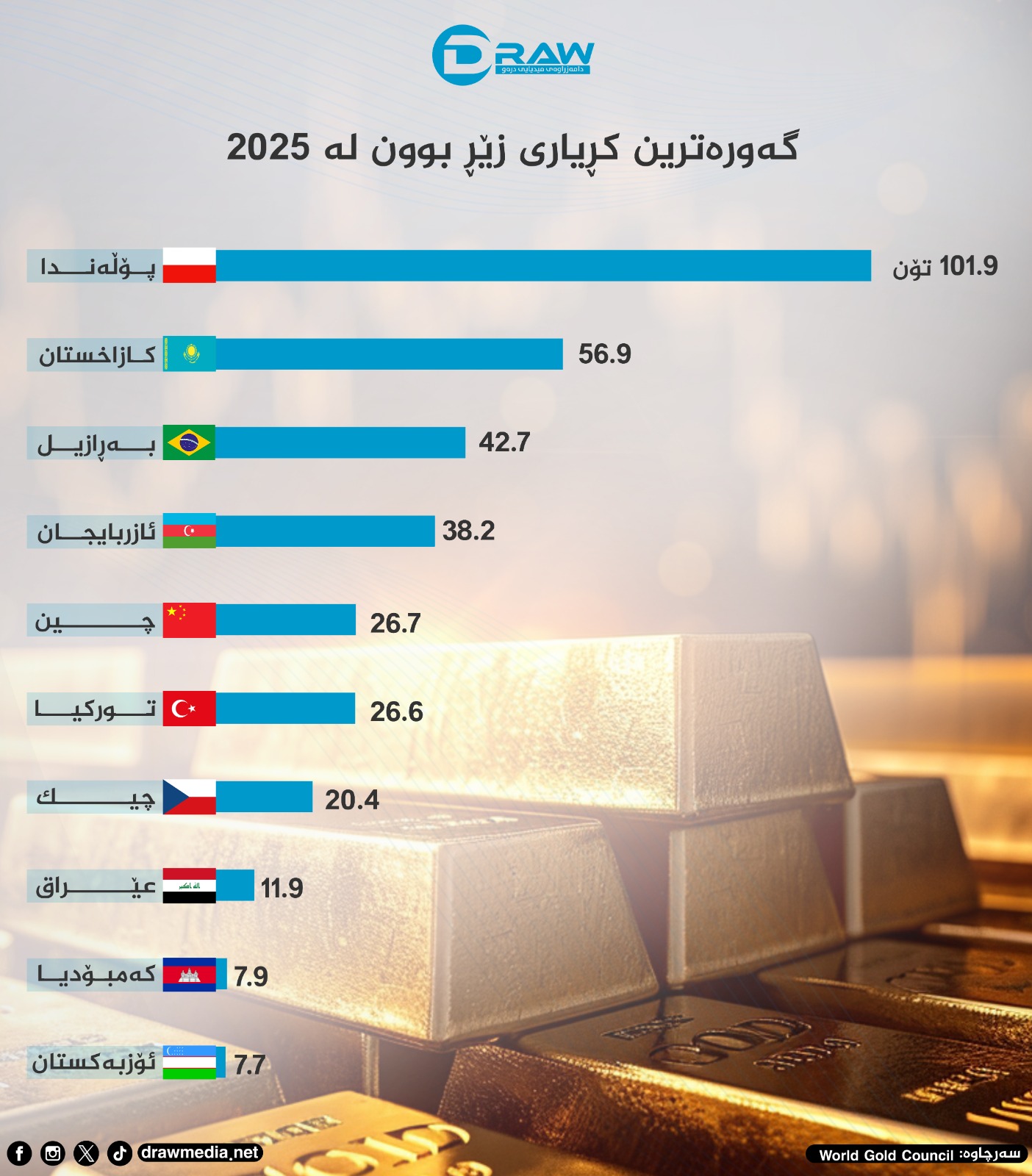
.png)
